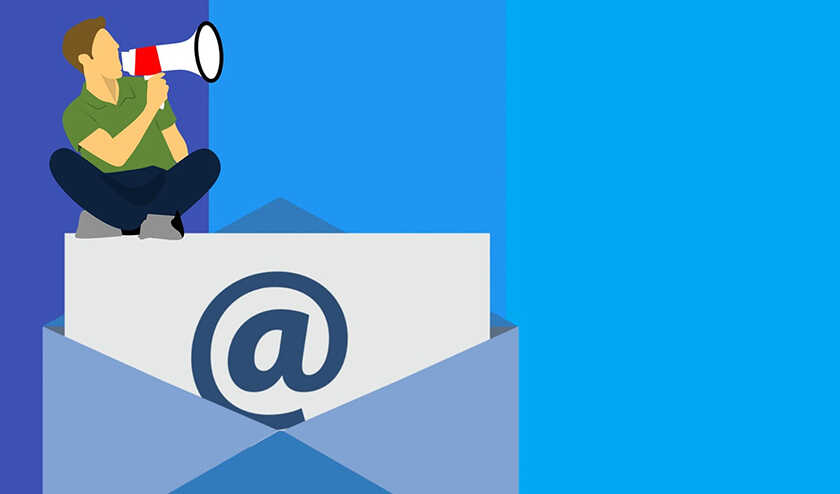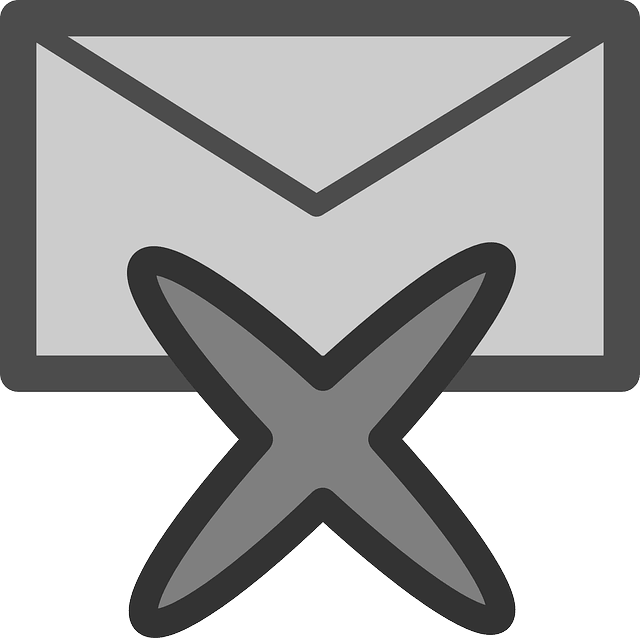Currently Empty: $0.00

Good email management is crucial to maximising productivity at workplace. Knowing how to manage your email can be one of the most valuable professional skills you could acquire to succeed at the workplace.
Here are some proven as well as less-tried email management tips that you could use to boost your productivity and reduce stress at the workplace:
Create an Email Routine

Leaving your inbox open can keep distracting you from work, by alerting you to new incoming emails. A better solution would be to set aside a specific time for checking your inbox and leaving it closed at other times.
For example, you could decide to check emails for 10 minutes every hour until the end of your work day, or you could check your emails twice or thrice throughout the day at specific hours.
Scheduling depends on the number of emails you receive on a daily basis. So, create a schedule that suits this requirement.
Disable Notifications

Even with a set schedule, you can be distracted from your work if you receive email alerts and notifications. Turn them off to completely focus on your work.
Delete Unnecessary Emails

Delete emails as you check your inbox according to your set schedule. Unnecessary emails such as auto-reply messages, spam, promotional emails, and those that do not require any action, can be deleted. The relevance of an email can be gauged by reading the subject header. Delete an email immediately if you don’t find it relevant.
These emails will remain in the trash folder for a few days before they are deleted permanently. This means that you can still retrieve them if you need to get back to these emails in the next few days.
This act of deletion narrows down your inbox, and makes it easy for you to assess the importance of emails and prioritise the day’s action.
Put Email Features to Good Use

Features such as folders, sub-folders and labels serve a purpose. Use these features to your advantage. Categorise emails using folders, sub-folders and labels.
For example, if your work involves emails from different country representatives, you could create folders for each country. If you are in the job of say, creating content for country operations, you could have additional sub-categories such as website content, press releases and brochures.
Ensure that the subject lines of your emails are relevant to the email content so that it is easy to search an email and quickly understand purpose of an email if you want to retrieve it later.
With an efficient filing system, you’ll find it easier to locate information, retrieve it when needed, take essential action, and prevent communication misunderstandings.
Prevent Promotional Emails

You can prevent promotional emails from entering your inbox by unsubscribing from these lists. By doing so, you prevent your inbox from getting crowded by unwanted emails.
Use Separate Email Address for Promotional Emails

Use free email addresses such as Gmail for your promotional emails. Doing so will keep your promotional emails completely separate from important work emails. This approach will decrease load on your inbox, and make it easier for you to sift through heavy email noise.
Recycle your Emails

You can reuse your emails and subject headers wherever applicable. Some instances where recycling applies include acknowledgement emails, and status update emails regarding a specific project. Take care to remove the “Re:” in the subject line before sending such messages.
This approach not only reduces writing tasks but also makes deletion process easier.
Decide on Your Email Responses Faster

Assess your emails and take appropriate action immediately. If this involves sending a response, do it as soon as possible. Preferably, set a deadline of 48 hrs to take action on any email. The objective here is to prevent emails from accumulating in your inbox, which can invite more emails from concerned parties.
Use Automated Messages

If you are checking your emails only as per schedule, but are worried that someone at work might try to get in touch with you through emails, consider sending an automated message with an emergency number to the people concerned.
This way, you’ll be available for matters that really need your assistance while reducing the load on your inbox significantly.
Delete your Trash Regularly

Set a schedule for emptying your trash. It could be at the end of the work day or after a week. Ensure that you don’t need the email messages in the Trash before you empty the folder.
You could also turn on automatic trash emptying feature supported by your email system. This way, you’ll have your trash cleaned regularly even if you forget to clean it.
Block Unwanted Emails
You can sort emails on the basis of their usefulness and spam content. Emails from addresses that send spam emails can thus be identified, and then blocked, which removes a ton of load from your inbox and leaves you with only important emails.
Check Emails from your Smartphones

This process can greatly save you time. Checking your phone during commute is one of the best ways to relieve your travel of boredom while accomplishing something productive. You could use an email client capable of synchronising your Inbox with all devices using the application.
In Conclusion
If you are an individual looking to achieve the skill of email management, or a workplace executive looking to equip your workforce with this excellent skill, Preferred Training Networks can be your best partner.
As Australia’s first referred training network, partnership with us gives you the advantage of exposure to some of the finest teaching minds in Australia, including facilitators, trainers, consultants, mentors, keynote presenters, coaches and instructional designers.
We offer over 300 courses aimed at professional development, including change management, resilience training, conflict resolution and people management, among others. Our courses are customised to individual organisational needs.
Whether you are a public-sector company or a corporate major, you can be sure that we have a solution completely customised to your culture.
We are a nationally-recognised company operating 6 offices in Australia. Call us at 1300 323 752 for more details.





